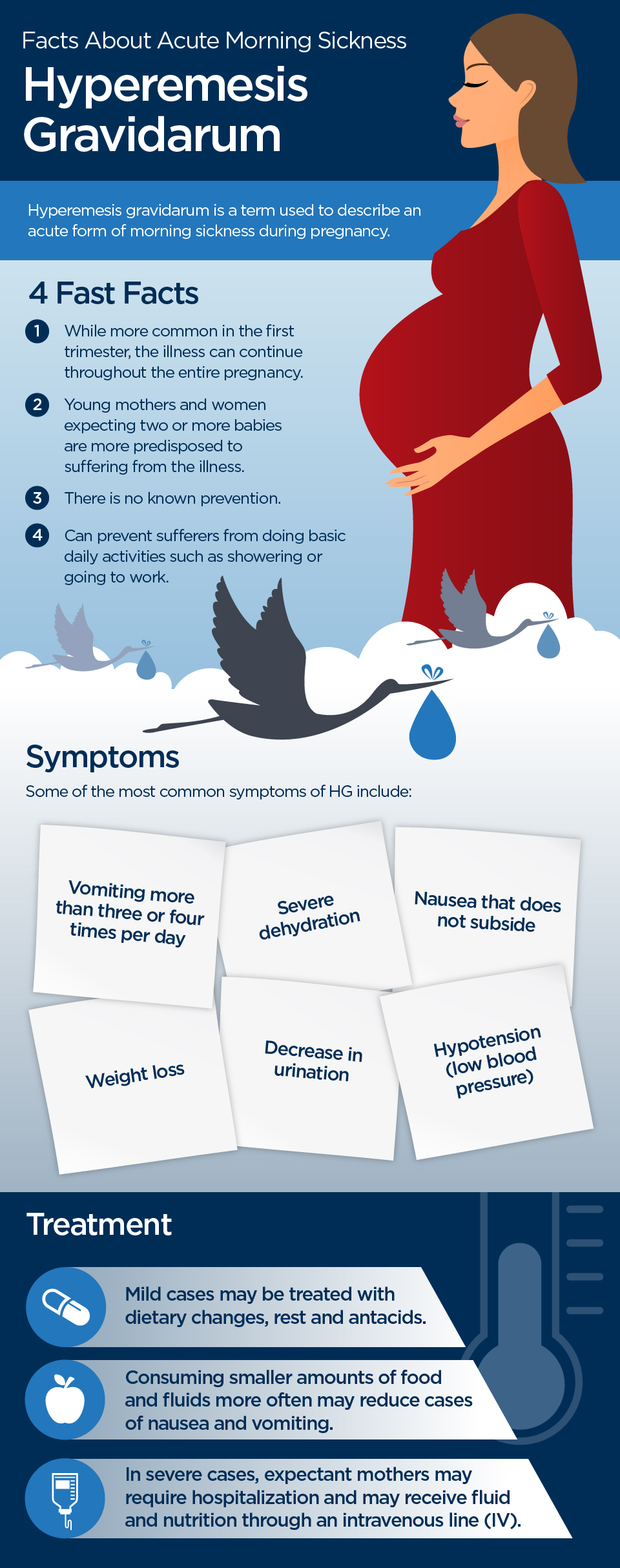TORONTO – Prince William and Kate Middleton are expecting their second child.

Clarence House made the announcement on Twitter Monday and said the British royal couple and their families are “delighted” with the news.
READ MORE: Prince William and Kate expecting second child
Officials also said the Duchess of Cambridge was being treated at Kensington Palace for severe morning sickness known as hyperemesis gravidarum, a condition she was hospitalized for during her pregnancy with Prince George, who was born in July 2013.
Hyperemesis Gravidarum is an acute form of morning sickness that requires supplementary hydration and nutrients.
What is morning sickness?
Experts say about 70 to 85 per cent of pregnant women experience a period of nausea and vomiting, often referred to as “morning sickness.” While unpleasant, it isn’t considered dangerous. Although the exact causes of morning sickness are unknown, researchers have found that women who suffer morning sickness tend to have higher levels of the “pregnancy hormone” human chorionic gonadotrophin (hCG) than those who don’t.

Get weekly health news
The female human body begins to produce hCG after conception.
What is severe or acute morning sickness?
Hyperemesis gravidarum is a severe form of morning sickness that, if left untreated, can be life-threatening. It can cause unrelenting, excessive nausea and vomiting that puts the mother and fetus at risk of malnutrition, dehydration and significant weight loss.
How common is it?
About one per cent of expectant mothers will become diagnosed with acute morning sickness, experts say.
Who is at risk?
According to research published in the American Journal of Obstetrics & Gynecology, women who are underweight when they become pregnant have an increased risk of severe and potentially dangerous nausea and vomiting. Obese women have a 10 per cent decreased risk of getting hyperemesis gravidarum.
– with a file from The Canadian Press
- Attack on Iran triggers global flight disruptions, impacts Canadian travellers
- WWE Hall of Fame ring belonging to wrestling legend recovered after stolen
- Carney calls for protection of civilians as U.S., Israel strike Iran
- Quebec politician praised for speaking openly about menopause symptom in legislature








Comments
Want to discuss? Please read our Commenting Policy first.